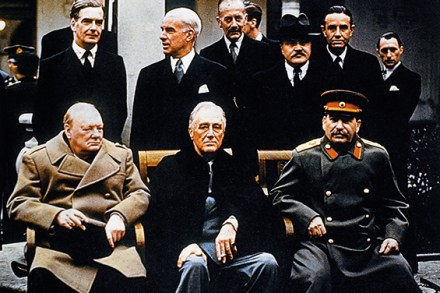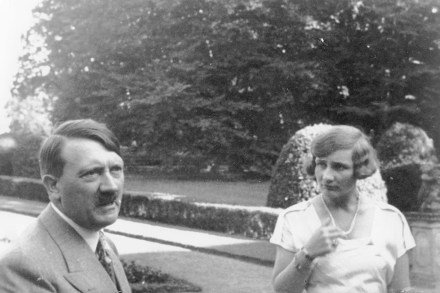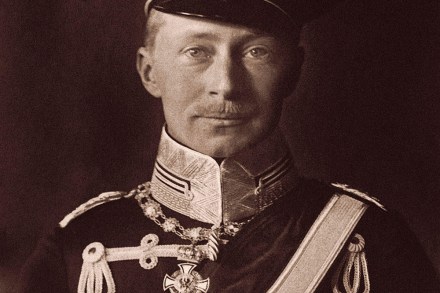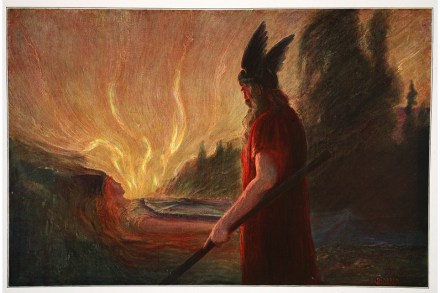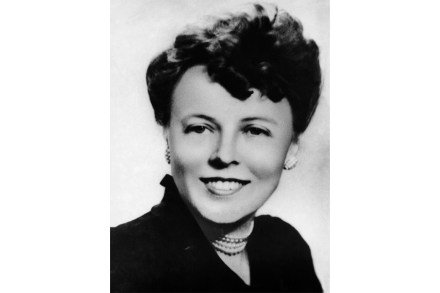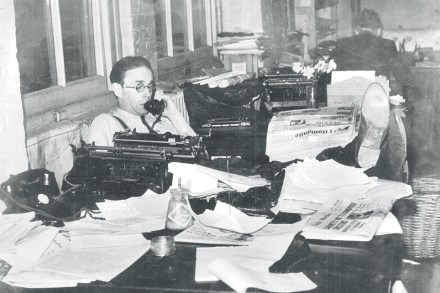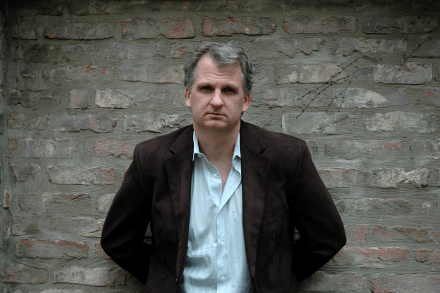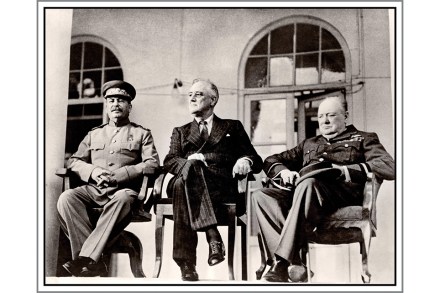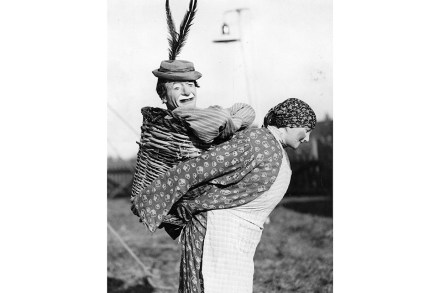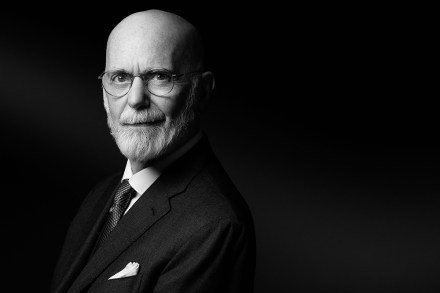Is Net Zero ‘mania’ over? And Labour’s migration crackdown
50 min listen
This week: a Commons showdown over asylum – and a cold shower for Net Zero orthodoxy. After Shabana Mahmood’s debuts Labour’s new asylum proposals, Michael and Maddie ask whether her barnstorming performance signals a new star in Starmer’s government – or whether the Home Secretary is dangerously over-promising on a problem no minister has yet cracked. Is her Denmark-inspired model workable? Can she get it past the Labour left? And are the right-wing plaudits a blessing – or a trap? Then: at COP30, the great climate jamboree struggles to command attention. As Ed Miliband charges ahead with his Net Zero agenda, the pair question whether Britain has finally passed ‘peak








